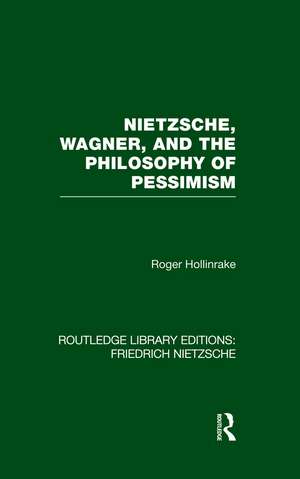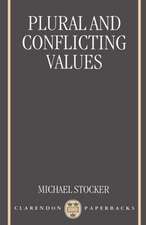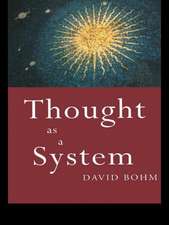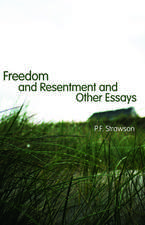Nietzsche, Wagner and the Philosophy of Pessimism: Routledge Library Editions: Friedrich Nietzsche
Autor Roger Hollinrakeen Limba Engleză Paperback – 27 apr 2015
| Toate formatele și edițiile | Preț | Express |
|---|---|---|
| Paperback (1) | 468.38 lei 6-8 săpt. | |
| Taylor & Francis – 27 apr 2015 | 468.38 lei 6-8 săpt. | |
| Hardback (1) | 1275.08 lei 6-8 săpt. | |
| Taylor & Francis – 21 dec 2009 | 1275.08 lei 6-8 săpt. |
Preț: 468.38 lei
Nou
Puncte Express: 703
Preț estimativ în valută:
89.63€ • 93.81$ • 74.60£
89.63€ • 93.81$ • 74.60£
Carte tipărită la comandă
Livrare economică 31 martie-14 aprilie
Preluare comenzi: 021 569.72.76
Specificații
ISBN-13: 9781138884106
ISBN-10: 1138884103
Pagini: 328
Dimensiuni: 138 x 216 x 22 mm
Greutate: 0.9 kg
Ediția:1
Editura: Taylor & Francis
Colecția Routledge
Seria Routledge Library Editions: Friedrich Nietzsche
Locul publicării:Oxford, United Kingdom
ISBN-10: 1138884103
Pagini: 328
Dimensiuni: 138 x 216 x 22 mm
Greutate: 0.9 kg
Ediția:1
Editura: Taylor & Francis
Colecția Routledge
Seria Routledge Library Editions: Friedrich Nietzsche
Locul publicării:Oxford, United Kingdom
Cuprins
Part 1: Zarathustra and Der Ring 1. Der Ring des Nibelungen 2. Zarathustra’s Going Down 3. Schopenhauer and Der Ring 4. Two Notes on Der Ring 5. The Convalescent 6. Zarathustra’s Rondelay 7. Zarathustra’s Great Noon 8. Nietzsche’s Affirmation: Summary Part 2: Zarathustra and Parsifal 9. Parsifal 10. Zarathustra’s Temptation 11. The Cry of Distress 12. The Dissolution of the Trinity: Summary
Descriere
Nietzsche’s relationship with Wagner has long been a source of controversy and has given rise to a number of important studies, including this major breakthrough in Nietzsche scholarship, first published in 1982. In this work Hollinrake contends that the nature and extent of the anti-Wagnerian pastiche and polemic in Thus Spake Zarathustra is arguably the most important factor in the association between the two. Thus Wagner, as the purveyor of a particular brand of Schopenhauerian pessimism, is here revealed as one of the principle sources – and targets – of Zarathustra. Whilst addressed primarily to students of German Literature, this book will also be of interest to musicians, philosophers and students of the history of culture and ideas.




















